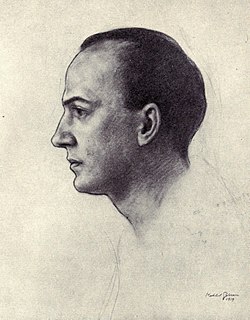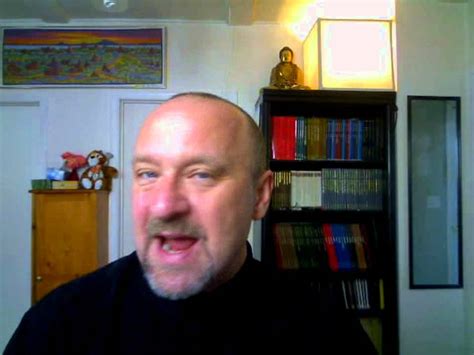A Quote by Witter Bynner
Existence is beyond the power of words to define:
Terms may be used
But are none of them absolute.
Related Quotes
There are similarities between absolute power and absolute faith: a demand for absolute obedience, a readiness to attempt the impossible, a bias for simple solutionsto cut the knot rather than unravel it, the viewing of compromise as surrender. Both absolute power and absolute faith are instruments of dehumanization. Hence, absolute faith corrupts as absolutely as absolute power.
Tao is beyond words and beyond understanding. Words may be used to speak of it, but they cannot contain it. Tao existed before words and names, before heaven and earth, before the ten thousand things. It is the unlimited father and mother of all limited things. Therefore, to see beyond boundaries to the subtle heart of things, dispense with names, with concepts, with expectations and ambitions and differences. Tao and its many manifestations arise from the same source: subtle wonder within mysterious darkness. This is the beginning of all understanding.
And for adults, the world of fantasy books returns to us the great words of power which, in order to be tamed, we have excised from our adult vocabularies. These words are the pornography of innocence, words which adults no longer use with other adults, and so we laugh at them and consign them to the nursery, fear masking as cynicism. These are the words that were forged in the earth, air, fire, and water of human existence, and the words are: Love. Hate. Good. Evil. Courage. Honor. Truth.
Countless people have attempted to define the absolute power of the world of nature. Some praise it as god, some call it the Buddha, others call it truth. Still others convert nature into a philosophy by which they attempt to sound its deepest truth. Such attempts to define the power of nature are no more than striving to escape its effects.
Bound to seek recognition of its own existence in categories, terms, and names that are not of its own making, the subject seeks the sign of its own existence outside itself, in a discourse that is at once dominant and indifferent. Social categories signify subordination and existence at once. In other words, within subjection the price of existence is subordination.







































